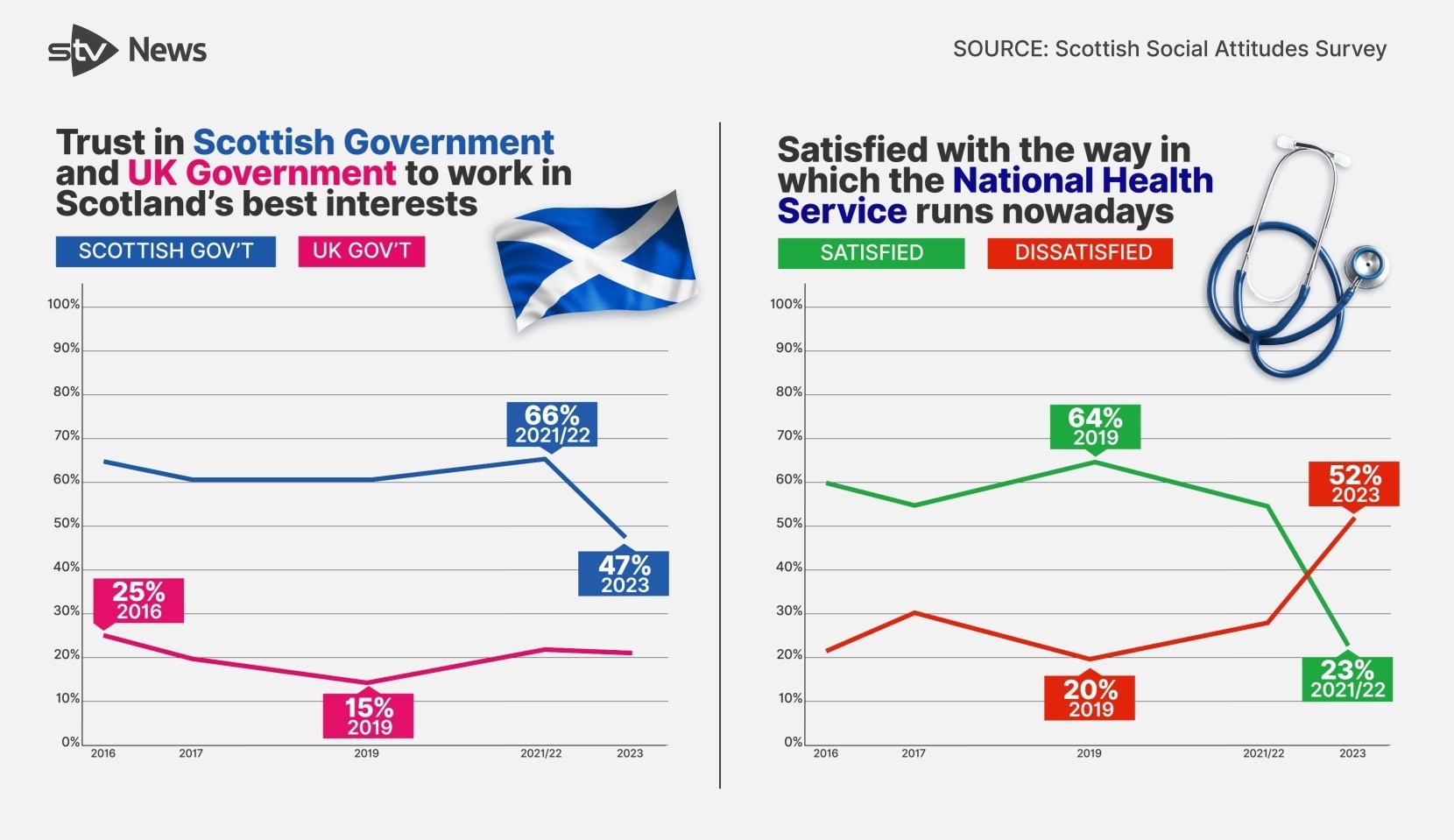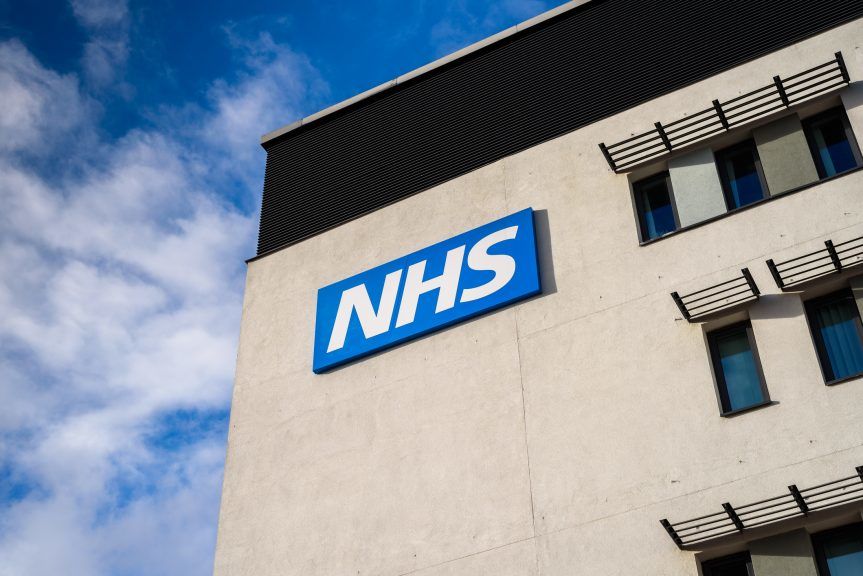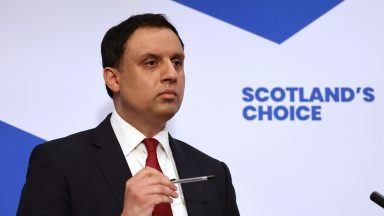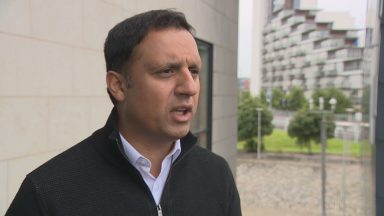Key Points
-
 The latest Scottish Social Attitudes Survey has revealed a significant shift in how Scots view public institutions
The latest Scottish Social Attitudes Survey has revealed a significant shift in how Scots view public institutions -
 Trust in the Scottish Government has plummeted to 47% – the lowest level on record
Trust in the Scottish Government has plummeted to 47% – the lowest level on record -
 But trust in the Scottish Government remains more than twice that of the UK Government at just 21%
But trust in the Scottish Government remains more than twice that of the UK Government at just 21% -
 The proportion of people who thought the standard of living had fallen in the last year soared to 83%
The proportion of people who thought the standard of living had fallen in the last year soared to 83% -
 The number of people satisfied with the NHS has more than halved to just 23%
The number of people satisfied with the NHS has more than halved to just 23% -
 2023 is the first year since 2005 where more people were dissatisfied than satisfied with the way the NHS runs
2023 is the first year since 2005 where more people were dissatisfied than satisfied with the way the NHS runs
Trust in Scotland’s public institutions is in free fall, a study has suggested, after figures revealed most Scots do not trust the Scottish Government to work in their best interest.
The Scottish Social Attitudes Survey (SSAS) found that only 47% of people trusted the Government at Holyrood to work in Scotland’s best interest most of the time – the lowest level on record and down from 61% in 2019.
When asked, 11% said they trusted the Government in this area “just about always”, 36% “most of the time”, 33% said “only some of the time” and 19% said “almost never”.
The number of Scots satisfied with the way the NHS is run has also collapsed, with only 23% of those surveyed happy with the service, while 52% saying they are dissatisfied.
The figure represents a dramatic fall from 2019 when 64% of Scots said they were satisfied with the National Health Service.
The study found trust in the UK Government had grown but remained at less than half the level of trust in the Scottish Government.
Only 21% of Scots said they trusted Westminster to work in Scotland’s long-term interest, up from 15% in 2019.

The Scottish Government said the survey will be “studied closely”.
The SSAS has been conducted annually (with the exception of 2008, 2012, 2014, 2018 and 2020) by the independent research organisation ScotCen since the advent of devolution in 1999.
Its aim is to gather nationally representative data on the social and political views of the Scottish public.
In 2023, the SSAS ran as a push-to-web survey for the first time – and limited questions to covering government, the standard of living, the NHS, taxation and spending.
It ran from September 13 to October 31 and had a sample size of 1,574 people aged over 16 in Scotland.
Vast majority of Scots say health and standard of living is going down
The Scottish Social Attitudes Survey painted a bleak picture for Scots’ views on health and the standard of living.
The study found 83% of people thought the general standard of living had fallen over the previous year, which is an increase from 2019 when half of people (50%) thought the standard of living had fallen.
Some 23% of people said they were satisfied with the way in which the NHS runs, compared to 52% who were dissatisfied.
 iStock
iStockThe NHS satisfaction level has fallen from 64% in 2019, and 2023 is the first year since 2005 where more people were dissatisfied than satisfied with the way the NHS runs.
And 69% of people thought the standard of the health service had fallen over the previous 12 months, which is an increase from 45% of people in 2019.
2023 is the first year since 2005 where more people were dissatisfied than satisfied with the way the NHS is run.
Nearly half of people want taxes raised to invest in public services
The survey found nearly half of Scots (47%) were in favour of taxes being increased to invest in health, education and social benefits. That’s down from 55% in 2019.
Some 38% of respondents said they would rather see taxes kept at the same levels with the same amount of cash spent on public services. That’s slightly up from 37% five years ago.
Only 12% said they would like to see taxes reduced and spending to be cut on health, education and benefits. That’s up from 4% in 2019.
The Scottish Government said the survey had shown that 50% of Scots believe in redistributing wealth from the most wealthy to the least, which it said it was doing.
Parliamentary business minister Jamie Hepburn added: “The survey demonstrates continued support for the redistribution of wealth and an increasing desire among people to see the economy grow.
“This aligns with the Scottish Government’s commitments and how we are working hard to provide support to those who need it most.
“Examples of this include investing nearly £678m in Scottish Child Payments as part of our commitment to eradicating child poverty.
“This investment – made by March this year – has helped reduce financial pressures on the families of more than 329,000 children.”
Hepburn said the survey showed “broad backing” for the Government’s priorities of “growing a thriving economy” and investing in public services.
“To that end,” he said,” we are providing more than £19.5bn for health and social care, £14bn for local councils and £4.7 billion for activities that will positively impact delivery of our climate goals.
“People here also have access to benefits such as free prescriptions and free higher education.”
Follow STV News on WhatsApp
Scan the QR code on your mobile device for all the latest news from around the country


 iStock
iStock
























